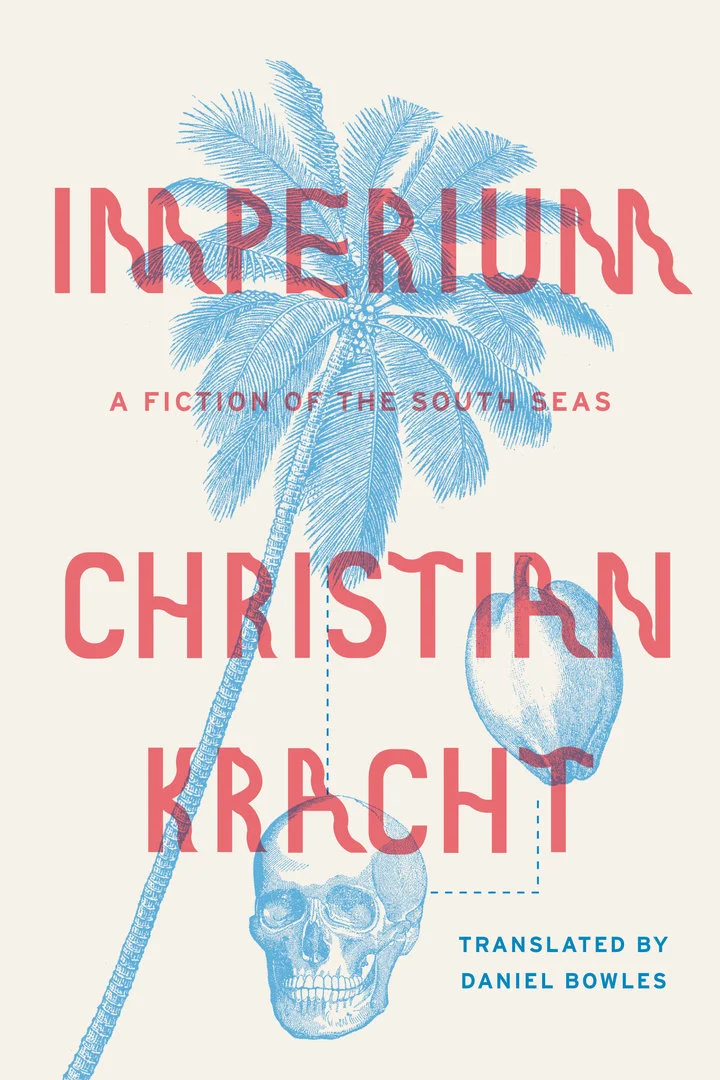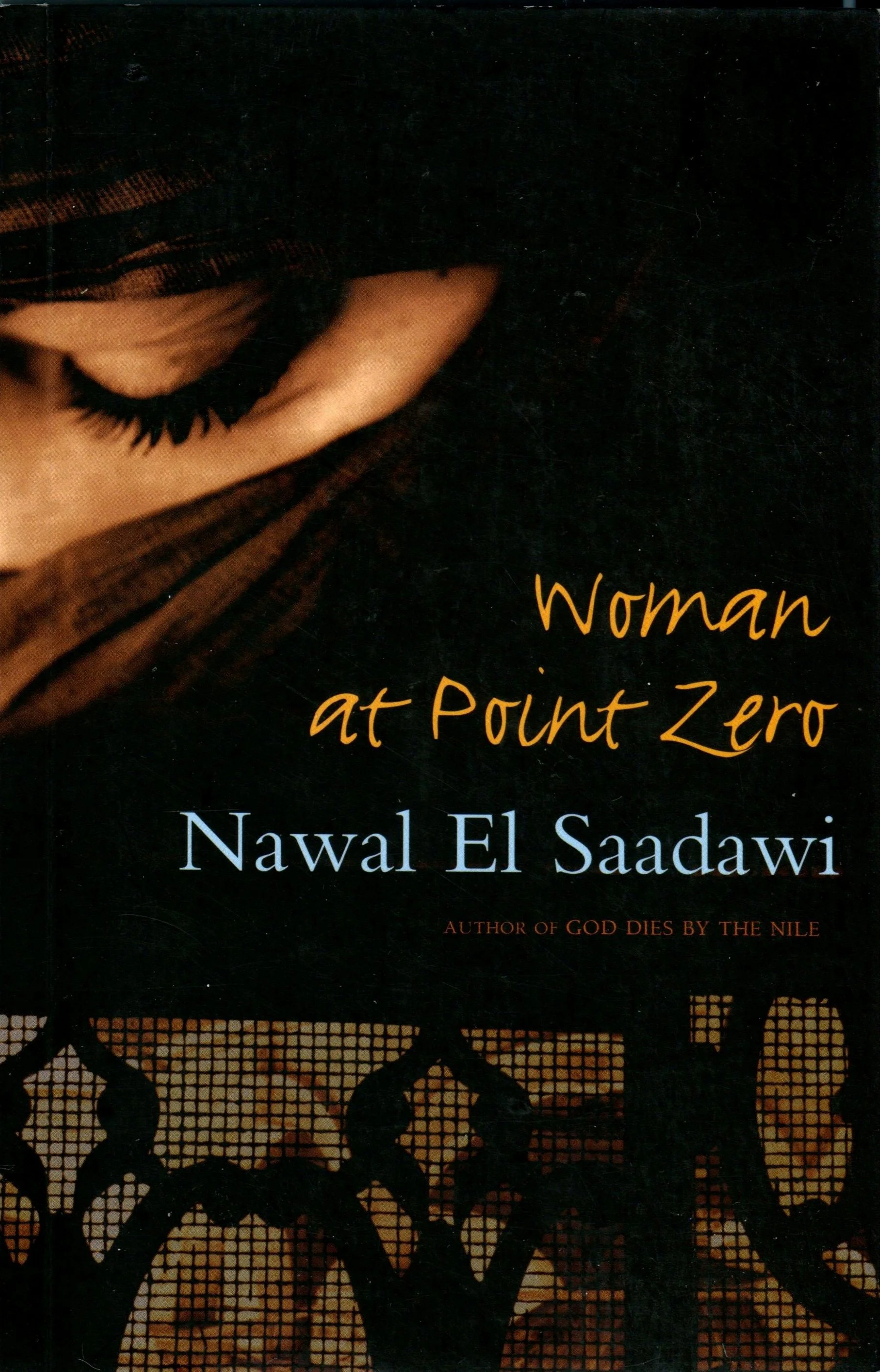Vanuatu: Black Stone (Grace Mera Molisa)
Grace Mera Molisa (1946-2002) was a ni-Vanuatu activist, politician, and poet. The first woman from Vanuatu to receive a university degree, Molisa studied at the University of the South Pacific before turning to politics. Molisa was very active in the independence movement for her country, becoming secretary of the Ministry of Social Affairs. She set up the committees to decide upon the new country’s flag, coat of arms, anthem, and motto, as well as beginning their National Arts Festival. She was also a member of the National Constitution Committee. The latter part of her life was dedicated to encouraging women to enter politics, setting up numerous pathways and endorsements for females in government.
Background: Early history of Vanuatu is lacking; there was settlement probably around 3300 year ago, but almost no history recorded until European contact. In 1606, the Portuguese explorer Pedro Fernandes de Queirós came upon the largest island, thinking it was Australia, but there was no long-term colonization. In 1768, Louis Antoine de Bougainville came to the islands, and in 1774, Captain Cook visited, naming them the New Hebrides. Sandalwood was discovered in 1825, resulting in many Polynesian immigrants, while at the same time, planters from other areas of Oceania forced more one half of the adult male population of ni-Vanuatu into indentured servitude. In the 19th century, missionaries and settlers came from Britain and France, starting cotton, coffee, cocoa, banana, and coconut plantations. In 1906, the two countries agreed to administrate the islands jointly. Under this plan, the indigenous peoples were granted no rights, and were officially stateless, part of neither jurisdiction. As Americans arrived in the 1940s during World War II, nationalist movements began to rise, with a cult rising around the figure of John Frum, wherein followers believed that this mystical man would bring them modern goods through magic. This cult continues today as a religion and political party. In the 1970s, the New Hebrides National Party formed, pushing for independence. After a number of tussles, repeated demands, and dispossession of foreign nationals, the Coconut War began, lasting only twelve weeks, in which rebels blockaded the airport, and independence was declared on July 30, 1980. Although the 1990s saw a period of instability when a paramilitary group attempted a coup, things have been fairly calm. In 2015, however Cyclone Pam caused catastrophic damage across the county, including 95% of homes destroyed on one island and a number of deaths. Rehabilitation is ongoing.
Black Stone is a strange and difficult-to-get-ahold-of little book. Published in 1983, the poems are focused, much like Molisa’s life, on politics and social activism. Her style reads more like short lines of prose than poetry, to be honest, and while some poems are more stylish or thoughtful, a fair amount of them feel like unedited ranting. Sharp, bitter, and sardonic, Molisa tackles a range of subjects from her feelings on the idea of the Free Press (she’s against it), to the shame of teaching English to her countrymen (the language of their oppression), to the misery and isolation of being a woman. There were poems whose style was more appealing, but her content was by the far the more interesting to witness. She presented ideas about aspects of post-colonial living that never would have occurred to me: most of us take a Free Press as an inherent good, right? Wrong. To Molisa, the notion of a Free Press is an oppression; ni-Vanuatu have had their own forms of news sharing, communication, and negotiation that have worked for them for centuries. The Free Press takes away those forms and replaces them with specific and foreign ideas about how information must be codified, communicated, and understood. This was certainly not something that would previously have come to mind. Her diatribes against the patriarchy were more familiar, and ones that I think many, if not most, women could relate to. I’m not sure I would go out of my way to recommend this book, but if you want to read something from Vanuatu, this is pretty much the only option.






